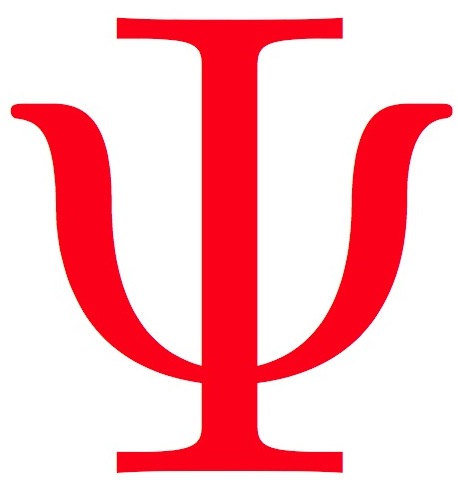Decoherent Histories Quantum Mechanics
Generalizations for Quantum Spacetime

Decoherent histories quantum mechanics as formulated and applied in the papers on pages [fund] and [gen] must be generalized further to apply to quantum cosmology and quantum gravity. That formulation assumed that spacetime geometry was fixed --- providing a well defined notion of time. The familar apparatus of a Hilbert space of states and their unitary evolution could then be used. But in quantum gravity spacetime is not fixed. Rather it is quantum variable, fluctuating, and generally without a definite value. There is thus no fixed notion of time. Generalized quantum mechanics [gqm] provides a framework for a fully four-dimensional, sum-over-histories generalizatio that is free from the need for a fixed time. That generalization is described in the papers on this page. Fine-grained histories are spacetime geometries and `observables' are diffeomorphism invariant partititions of these into classes. DH as expounded on [fund] and [gen] is emergent when spacetime behaves classically and can define a fixed notion of time.
Expositions
There are a number of expositions here ranging in length from the six page precis [abs6] to the nearly 200 page Les Houches lectures [107]. To begin the author would recommend the article immediately below.
Generalizing Quantum Mechanics for Quantum Spacetime [135]
The Solvay conference talk is a compact informal introcutions to the sum-over-histories, generalized quantum mechanics of cosmological spacetime geometry described above. States of fields on spacelike surfaces and their unitary evolution are emergent properties appropriate when spacetime geometry behaves approximately classically. Emergent spacetime phenomena are discussed in general and illustrated with the example of the classical spacetime geometries with large spacelike surfaces that emerge from the ‘no-boundary’ wave function of the universe. These must be Lorentzian with one, and only one, time directionThe essay concludes by raising the question of whether quantum mechanics itself is emergent.
Generalizing Quantum Mechanics for Quantum Gravity [abs9]
A six page precis of some if the ideas addressed on these pages addressing the questions of what does the nature of quantum spacetime tell us about quantum mechanics.
Spacetime Quantum Mechanics and the Quantum Mechanics of Spacetime [107]
These are the author's lectures at the 1992 Les Houches Summer School, "Gravitation and Quantizations". They develop a generalized sum-over-histories quantum mechanics for quantum cosmology that does not require either a preferred notion of time or a definition of measurement. The quantum mechanics of closed systems is reviewed. Generalized sum-over histories quantum theories are constructed for non-relativistic quantum mechanics, abelian gauge theories, a single relativistic world line, and for general relativity. For relativity the fine-grained histories are four-metrics and matter fields. Coarse grainings are four-dimensional diffeomorphism invariant partitions of these. The decoherence function is expressed in sum-over-histories form. The quantum mechanics of spacetime is thus expressed in fully spacetime form. The coarse-grainings are most general notion of alternative for quantum theory expressible in spacetime terms. Hamiltonian quantum mechanics of matter fields with its notion of unitarily evolving state on a spacelike surface is recovered as an approximation to this generalized quantum mechanics that is appropriate for those initial conditions and coarse-grainings such that spacetime geometry behaves classically. For a precis of these lectures see [107a]
Spacetime Approach to Quantum Mechanics [99]
Feynman's sum-over-histories formulation of quantum mechanics is reviewed as an independent statement of quantum theory in spacetime form. It is different from the usual Schroedinger-Heisenberg formulation that utilizes states on spacelike surfaces because it assigns probabilities to different sets of alternatives. Sum-over-histories quantum mechanics can be generalized to deal with spacetime alternatives that are not "at definite moments of time". With this generalization the sum-over-histories formulation can be said to be in fully spacetime form with dynamics represented by path integrals over spacetime histories and alternatives defined as spacetime partitions of these histories. When restricted to alternatives at definite moments of times this generalization is equivalent to Schroedinger-Heisenberg quantum mechanics. However, the quantum mechanics of more general spacetime alternatives does not have an equivalent Schroedinger-Heisenberg formulation. We suggest that, in the quantum theory of gravity, the general notion of "observable" is supplied by diffeomorphism invariant partitions of spacetime metrics and matter field configurations. By generalizing the usual alternatives so as to put quantum theory in fully spacetime form we may be led to a covariant generalized quantum mechanics of spacetime free from the problem of time.
Comment on the ``Problem of Time'' [probtime]
Next Page: Examples and Models
